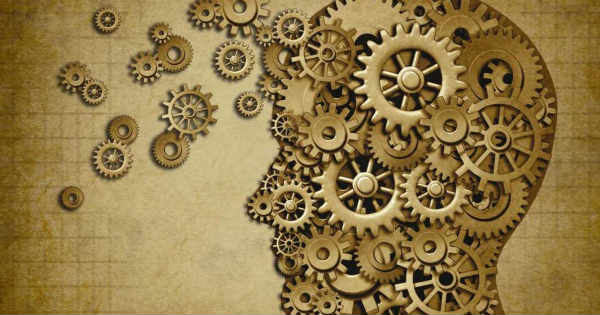Solving the global climate change crisis is going to rely on, in one way or another,changing human behavior. To get people to change, we need to design innovative solutions that meet them where they are, using the power of emotional appeals, social incentives, and choice architecture as expertly as we apply economics and policy.
Flying less, eating less meat, opting for a renewable energy can help in accelerating the transition to a low-carbon economy. What is it that is stopping people from doing all this? We really need to understand the barriers to low carbon consumption.
It has been noted that Behavioural science can help us understand how people process, react to and share information to identify the drivers which help in transforming awareness into action. Eventually, action into sustained behaviour change.
Let us have a look at five way in which behavioural science can help shift everyday choices towards more sustainable practices:
Try and make the default option the better option: The default option for organ donation can be changed from opt-in to opt-out transformed organ donation rates. It has been observed that if carbon offset were the opt-out rather than opt-in option across airline booking sites, this could possibly transform the offset rates of carbon.
Try and remove the inconvenience: We have to request for a vegetarian meal on an airline on prior basis. Let the vegetarians be served with, “pasta” or the “curry” and leave the beef lovers free to opt in to a meat option at the time of airline booking.
Change in principle of choice architecture: It goes without saying that mid-priced wine will sell best, expensive item will sell more if the mid-range item’s price is increased. The traders since long have been following the practice of choice architecture. The economists in a classic case study saw a surge in combining digital and magazine subscriptions, the most expensive option at the time of introducing a new pricing strategy.
Discard unsustainable option altogether: Policymakers surpass slow shifting of habitual behaviours by applying the outright bans which are capable of changing the behaviours overnight, for instance as the plastic bag ban in Kenya has shown. The reusable bag became the new norm within days and not decades.
Try and give a personal touch: Data and analytics inform which messages persuasively poke the behaviour within a specific audience segment. It has been observed that targeted messages can reach economically motivated individuals with certain economic benefit messages, addressing the barriers and motives.
Large number of governments are incorporating behavioural science into many aspects of their policymaking, right from completing the tax returns in time to lowering down the road accidents, to further promoting recycling and reducing the plastic waste.
The rate of consumption continues to grow, the human demands have outpaced what can be produced. The increasing number of households in the developing economies are joining the consuming class. As per the experts two to three billion additional middle-class consumers are expected to be added by 2050.
Three broad recommendations to the policymakers have been offered in the UN Environment report. This has been done to achieve better outcomes in sustainable consumption policy:
To include behavioural science into policy processes and tools
To build internal behavioural policy capacity within policymaking entities.
To expand behavioural science research efforts and dissemination.
Image Credit: Churchill College- University of Cambridge
Please Note: Any information picked from here must be attributed to skymetweather.com



